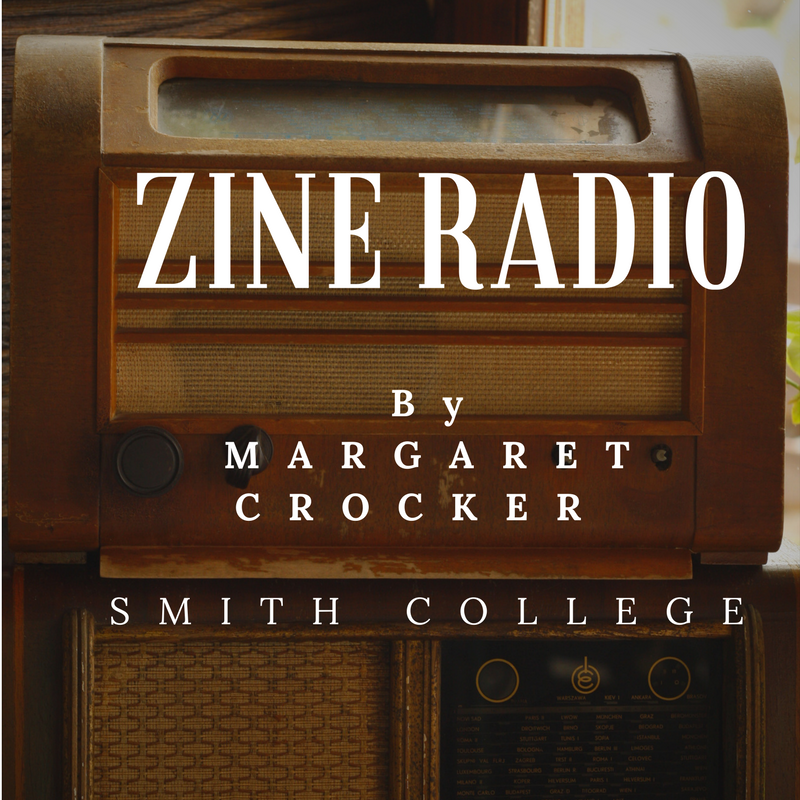Zine Radio
Guest Blogger: Margaret Crocker, Smith College
Recently, NPR’s This American Life did a story, called “Freedom Fries,” on women’s voices on the radio — and how This American Life receives correspondence criticizing young female contributors.
According to critics, women’s voices suffer from “vocal fry,” a guttural sound that a voice can make when holding a tone too long. While It’s simply a way of pausing that we have learned, studies show that people who hear vocal fry consider the speaker to be less competent. My response roughly matched that of the criticizers: irritated, and a little upset. At the same time, I am aware that this annoyed response is a problem.
So I brought it up with a friend of mine. She graduated from Smith College, identifies as a feminist, and yet she expressed the same sentiment as those who wrote in to NPR. “Yeah, but it’s super annoying,” she said. I’ll add that she said this casually, with vocal fry, and, as the critics would say, without authority.
In a way she’s right, but only in that she has been conditioned to understand the female voice, and more specifically the young female voice (her own voice) as un-academic, casual, and thus unable to speak with authority, even on something she is versed in. This friend is an avid podcast listener. Moreover, what does she have more authority on than her own opinion? Even if I disagree with what she has to say, I believe she should be taken seriously when she says it, no matter how she says it.
I created Zine Radio to show that girls, no matter how they talk, can speak with authority, even in a casual setting. I put young women in conversation with professors, mentors and individuals who are well regarded in their fields to show that even with vocal quirks, these young women have something to say. The podcast teaches listeners about various art forms from performance art to dance to many kinds of writing. Most of my interviews sound more like conversations, and involve passing the microphone back and forth in the studio. For my first episode, I interviewed another student about the process of writing a screenplay. She also reads a piece of her own fiction. I like podcasting because it gives writers – artists who don’t normally have a means of performing – a place to read their work.
Much of what young women are doing in the arts, sciences and academic fields is good, concentrated work and, in my experience, it is somehow rooted in their personal identities. Recorded interviews convey a sense of personal attachment and urgency that gets lost in even the best secondary sources. There is strength and a resonance in hearing one’s story in one’s own voice.
My work with this podcast is no exception. While I don’t love my voice, and I listen to it a lot as I edit the podcast, the point of the podcast isn’t that I sound like the perfect radio correspondent; it’s to hear what I, and the women I interview, are saying. And we’re saying some pretty great things. Listen for yourself here.
Margaret Crocker is a writer, studies art history and English at Smith College and lives in Northampton. She has worked with Red Oak Writing in her hometown, Milwaukee. She edits the podcast Zine Radio and her writing has been published in Labrys, Smith’s literary magazine.
